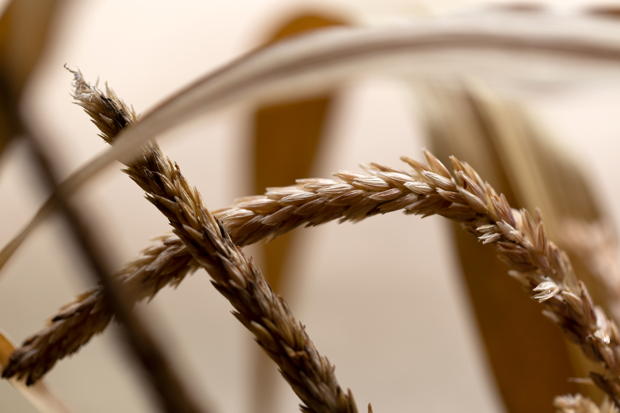By Andrea E.

I am a gardener. As a Christian, and a pastor’s kid, this experience of gardening connects almost automatically to my experiences with sharing my faith.
As a child, I disliked much of gardening — as exciting as watching seeds sprout and later gathering the harvest was, in between involved many rounds of tedious weeding, often on hot, muggy days following a rainstorm that had sent the weeds shooting up (the weeds always grow better than the vegetables or flowers). Even the joy of harvest was dimmed by the hours of snapping bush beans so they could be blanched and frozen, making salsa or tomato sauce or applesauce, and the constant heat and steam from the kitchen as the produce cooked and canned. In my mind, even the flower gardens were as much a source of work as joy — replete with hours of pulling weeds or watering during a drought.
But as an adult, I crave the beauty of flowers and the flavor of home-grown vegetables, and I find weeding soothing, a tactile, repetitive task that calms my ever-flitting brain. One of the peculiarities of planting spring flowers is that they are mostly planted in the fall, overwintering in the ground before sprouting in the spring sun and rain. The side effect of this fall planting is that by spring, no matter how hard I try to remember or mark where I planted, I have forgotten and the markers have been knocked over, blown over, or degraded by the harsh New England winters. So I am always a bit surprised by what grows where, as the plants begin sprouting. I planted all the crocuses in a ring around the basswood/linden tree? I guess that makes sense. Are those last year’s trilliums or the previous year’s trilliums? Wait, didn’t I have three bleeding hearts? Where’s the third?
In ministry, as in gardening, there is often a long wait between planting and harvest. One of my family’s longtime friends is a good example. We first met Laurie in 1996-ish, and she befriended us and helped us figure out raising goats for milk as well as finding me and my siblings our first horse, a rescue buggy horse from an auction. She was curious about Christianity, and at different times, my mom did Bible studies with her, but she always pulled back eventually. In 2019, though, my older sister reached out to her with a Christmas letter or a phone call and discovered that Laurie had embraced Christianity. Interestingly, this had come about through the witness of someone we didn’t know, but who was friends with Laurie. We were all delighted, watching with joy as Laurie pursued her faith with joy and dedication, but there was also a little tiny bit of human pique on my side — why had someone else gotten to lead Laurie to Christ? Why, at least, had she not reached out to my mom and shared the good news?
Yet that is the nature of sharing our faith. We plant; others water the seed, and someone else actually gets the joy of harvest. This is a key reason why judging ministry by conversions or new memberships or any other metric is dicey. So many people are used by God in the conversion or mentoring of every person, that no one person can claim the credit for any conversion. In fact, the Apostle Paul draws the same agriculture-based analogy in 1 Corinthians 3: 6-8 to make this point to the Corinthians, who were enamored of following the leader with the best results:
“I planted, Apollos watered, but God gave the growth. So neither he who plants, nor he who waters is anything, but only God who gives the growth.”
So we can draw encouragement from this. We may never lead our friends or colleagues or relatives in a sinner’s prayer. We may not even hear directly of their conversion, but God is still at work. We are not the only gardeners in his employ, so if our efforts feel feeble, others may till and water and plant additional seeds, and there may yet be a harvest. I take particular encouragement from the fact that we may even have a harvest from seeds we forgot we planted. Much like my surprise in the spring when things I forgot I planted sprout, if we live faithfully and intentionally for Christ, we may either sow seeds accidentally, or sow seeds we forget about, which will grow up and yield a harvest of everlasting life. As we approach another new academic year, let us not grow weary in planting seeds of faith to our friends, colleagues, and neighbors. We may not see the harvest for decades, but in due season, there will be one.
Photo by Free Nature Stock on StockSnap